Weed Culture: A Journey Through 1970s
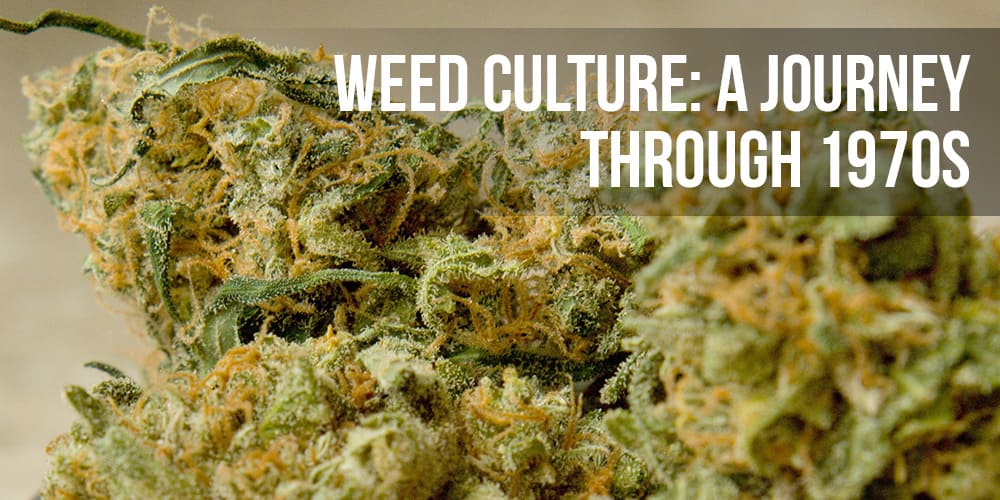
The 1970s stand out as a pivotal decade in the history of weed culture, a period marked by its significant shift from the fringes to a more central role in mainstream society. This exploration delves into the fabric of the era, tracing the journey of cannabis through political landscapes, social movements, and cultural expressions that defined the time. As we navigate through the complexities and nuances of weed culture in the 1970s, we uncover the roots of contemporary attitudes and policies surrounding cannabis.
- What is Ganja: Unveiling the Origins, Uses, and Culture of Cannabis
- Cannabis in pop-culture: iconic movies and songs
- A Concise History of Hemp in the United States
The Dawn of a New Era in Weed Culture
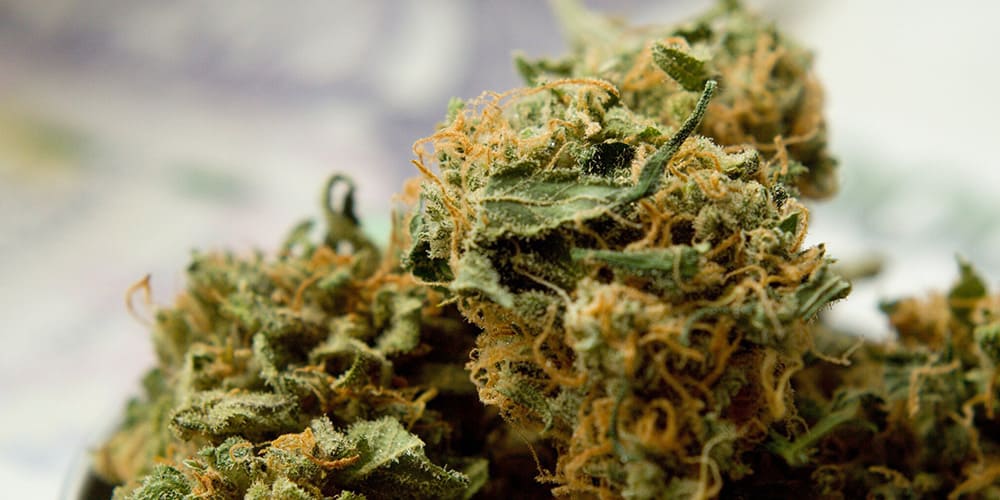
Following the countercultural wave of the 1960s, the 1970s marked a significant era in the evolution of weed culture, transforming it from a symbol of societal rebellion to a cornerstone of a growing lifestyle movement. This period saw the convergence of political activism, influential media portrayals, and shifting societal attitudes, which collectively nurtured the widespread acceptance and integration of cannabis into various communities.
The 1970s played a pivotal role in cementing weed’s cultural significance, as it moved beyond its initial association with defiance against mainstream norms and government directives. It became emblematic of a broader lifestyle choice, resonating with individuals across different social spectra. The era’s popular media, along with a more relaxed social outlook towards cannabis, further fueled its acceptance, making it a defining element of the decade’s cultural landscape.
This decade of transformation for weed culture underscored a shift in perception from the fringes of society to mainstream acceptance. As cannabis became intertwined with the fabric of 1970s society, it reflected the changing dynamics of social attitudes, contributing to the foundation of the contemporary cannabis movement. The 1970s not only expanded the cultural dimensions of cannabis but also laid the groundwork for future dialogues on its legalization and therapeutic potential.
Discover the Lemon Tree Sauce Cartridge, offering a sweet and sour taste with high THC for a balanced high. Ideal for a potent, hassle-free experience.
Political Winds of Change
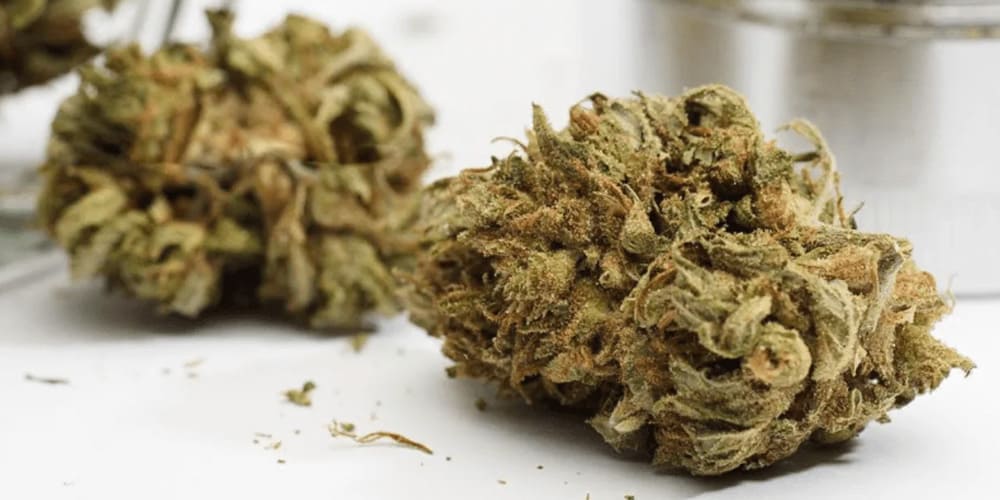
The early 1970s, amid the ongoing Vietnam War, played a pivotal role in transforming public perception of cannabis in the United States. Soldiers returning from the conflict brought back with them a familiarity with marijuana, embedding it more deeply within American culture and influencing societal attitudes. This period also saw the Nixon administration initiating the “War on Drugs,” with cannabis being a prime target. This move, intended to curb drug use, paradoxically ignited widespread public debate and thrust cannabis into the spotlight, rallying activists and the younger generation around the issue.
Despite the government’s hardline stance, the early ’70s witnessed burgeoning efforts to reform cannabis policies. States like Oregon, Alaska, and California led the way in decriminalizing the possession of small amounts of weed. These legislative changes reflected a growing recognition of cannabis’s prevalent use and questioned the efficacy of severe penalties. This shift indicated a nuanced understanding of cannabis within the legal framework, acknowledging the need for reform in light of changing societal attitudes.
The juxtaposition of the Vietnam War’s influence, the “War on Drugs,” and the push for policy reform marked the 1970s as a critical juncture in the history of cannabis in America. These developments underscored the complexity of cannabis as a social issue, challenging prevailing norms and paving the way for future debates on its legal status and role in society. The era’s legacy is evident in the continued efforts to reform cannabis laws, highlighting the enduring impact of this transformative period on the trajectory of weed culture and policy.
A Cultural Phenomenon
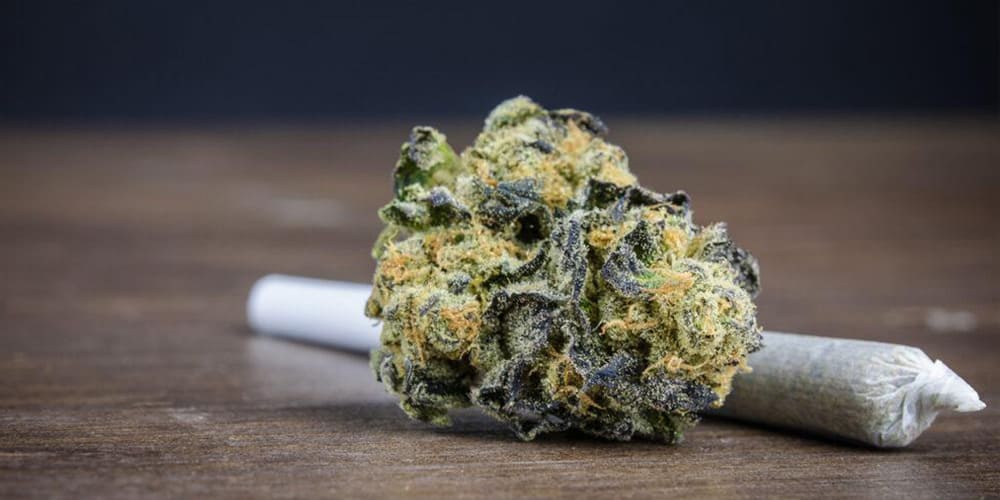
The 1970s weed culture extended far beyond political realms, deeply influencing music, film, literature, and art, and securing its place as a defining element of the decade’s cultural landscape. Music icons, notably Bob Marley, fused their art with Rastafarian beliefs that revered ganja (marijuana), significantly contributing to the spread of cannabis awareness. This era also witnessed the emergence of stoner films and comedic acts, like Cheech & Chong, who introduced weed culture to a broader audience through humor and social critique.
“High Times” magazine, launched in 1974, played a crucial role in both legitimizing and promoting weed culture. By offering a blend of advocacy, cultivation advice, and cultural insights, it became an indispensable resource for the cannabis community. This publication not only provided valuable information but also solidified marijuana’s cultural significance during the 1970s, marking an era where cannabis was increasingly celebrated across various forms of creative expression.
This period’s cultural output, marked by an openness towards and celebration of cannabis, reflected a significant shift in societal attitudes. Through music, film, literature, and media, weed culture was not only normalized but also celebrated, highlighting its integral role in shaping the social and cultural fabric of the 1970s. This integration of cannabis into mainstream culture underscored its enduring influence and paved the way for its continued evolution in the decades that followed.
Enjoy the sweet, floral taste of Bubble Gum APE Mini joints, infused with kief for an uplifting, euphoric experience. Perfect for any time of day, suitable for all levels of experience.
Social Shifts and Lifestyle Integration
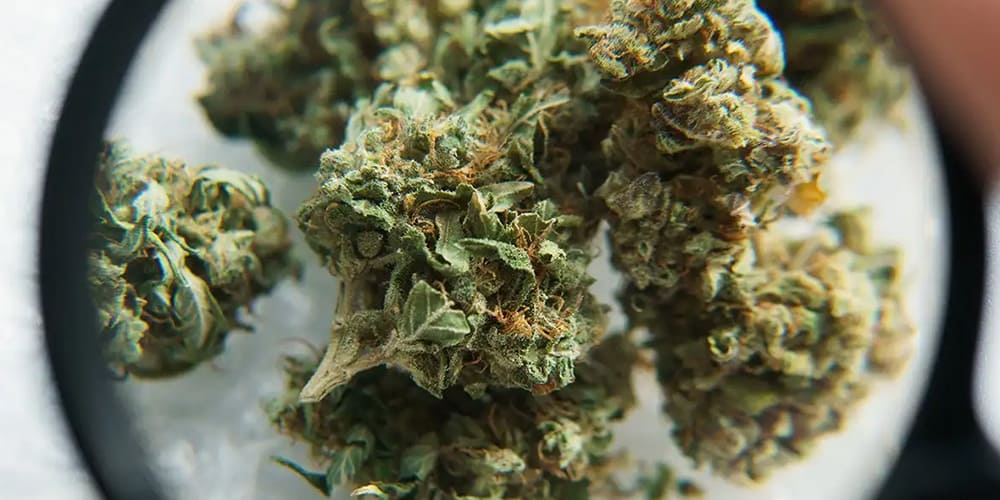
In the 1970s, cannabis transcended its role in entertainment to become a significant aspect of many individuals’ lifestyles and identities, symbolizing peace, love, and unity against a backdrop of shifting towards more liberal and progressive societal values. This era celebrated the integration of cannabis into communal living, environmental advocacy, and the exploration of alternative lifestyles, positioning it as a key element in a holistic approach to wellness and natural living. The embrace of cannabis during this time reflected a broader cultural movement that prioritized harmony with nature, personal health, and collective well-being.
The decade also marked the rise of the home cultivation movement, as cannabis enthusiasts began to grow their own plants to ensure quality and circumvent legal challenges. Advances in indoor growing techniques and the communal exchange of cultivation knowledge empowered individuals, fostering a culture of self-reliance and independence among cannabis users. This movement not only provided a practical solution to the challenges of accessing cannabis but also deepened users’ connections to the plant, emphasizing a hands-on approach to their consumption and appreciation of cannabis.
The 1970s’ holistic embrace of cannabis, coupled with the growth of the home cultivation movement, illustrated a significant cultural shift. Cannabis was not only consumed but also revered as part of a larger lifestyle choice that valued sustainability, health, and community. This period laid the groundwork for the modern cannabis movement, highlighting the plant’s versatility and its potential to enhance various aspects of life, from personal health to social cohesion and environmental sustainability.
The Global Context
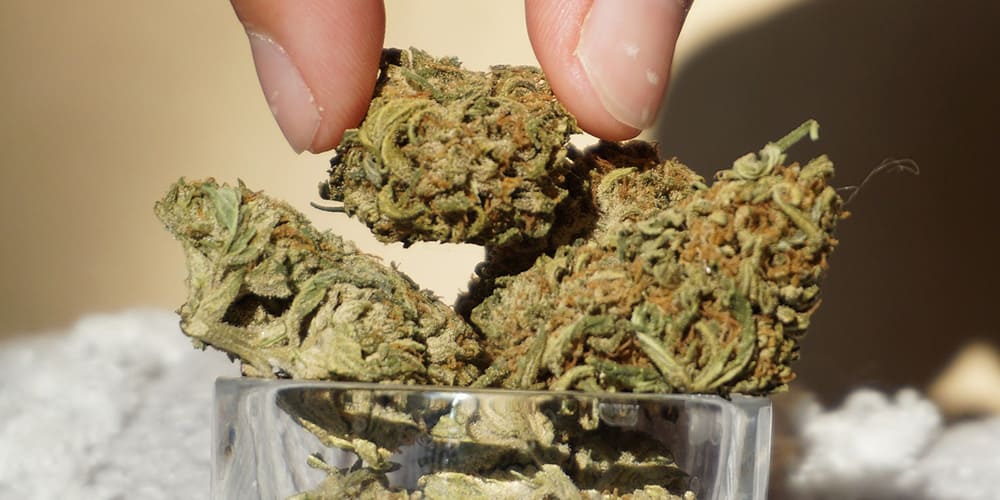
The 1970s weed culture, while prominently featured in the United States, was indeed a global phenomenon, transcending national boundaries and influencing political, cultural, and social spheres worldwide. Countries across the globe witnessed cannabis becoming an integral part of political protests, cultural expressions, and broader social movements, mirroring the shifts observed in the US. This period marked the beginning of a global dialogue on cannabis, as efforts towards decriminalization and cultural acceptance seen in the US found resonance in diverse international contexts.
This era of global weed culture contributed significantly to challenging and reevaluating existing norms and laws pertaining to cannabis. The widespread embrace of cannabis across different societies highlighted its role not just as a substance of choice but as a symbol of broader calls for freedom, autonomy, and change. This collective reimagining of cannabis’s place in society fostered a sense of global community among activists, enthusiasts, and cultural figures, uniting them in a common cause.
The 1970s thus represented a pivotal moment in the history of cannabis, one where its cultural, social, and political significance was acknowledged and celebrated on an international scale. The dialogue initiated during this time laid the foundation for ongoing discussions about cannabis legislation, medical use, and its role in society, influencing policies and attitudes towards the plant for decades to come. The era’s legacy continues to shape contemporary perspectives on cannabis, underscoring its enduring impact on global culture and policy.
Indulge in Grapes and Cream Premium Flower with creamy vanilla and bright grape flavors, and a spicy grape aroma. Ideal for creativity and appetite stimulation, each 3.5g set comes with a grinder for the perfect experience.
Legacy and Looking Forward
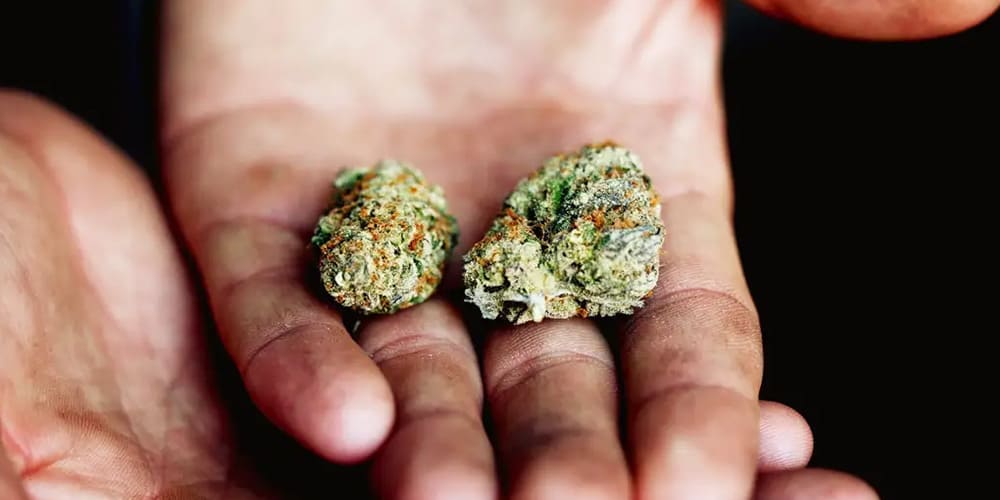
The 1970s were instrumental in shaping the nuanced relationship that society maintains with cannabis today, a decade marked by fervent activism, significant cultural integration, and transformative shifts in public perception. These developments laid the essential foundation for the gradual legalization and acceptance of cannabis across various regions, signifying a monumental shift towards its normalization. However, the era’s legacy is twofold, as it also encapsulates the enduring struggles against the War on Drugs.
This aspect underscores the continued necessity to tackle issues surrounding justice, equity, and health within the context of cannabis policy comprehensively. Weed culture during the 1970s serves as a powerful reminder of the capacity of cultural and social movements to instigate meaningful change. It underscores the progressive journey of cannabis from marginalized to mainstream, influencing not only legislative frameworks and policies but also altering societal perceptions and relationships with this multifaceted plant.
The decade stands as a pivotal period that not only witnessed the burgeoning of weed culture but also set the stage for the ongoing discourse and evolution of cannabis within society, reflecting its complex and enduring impact.















